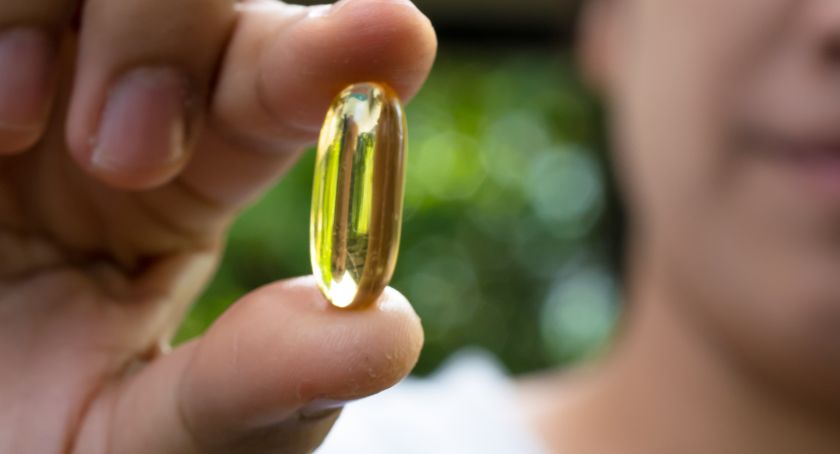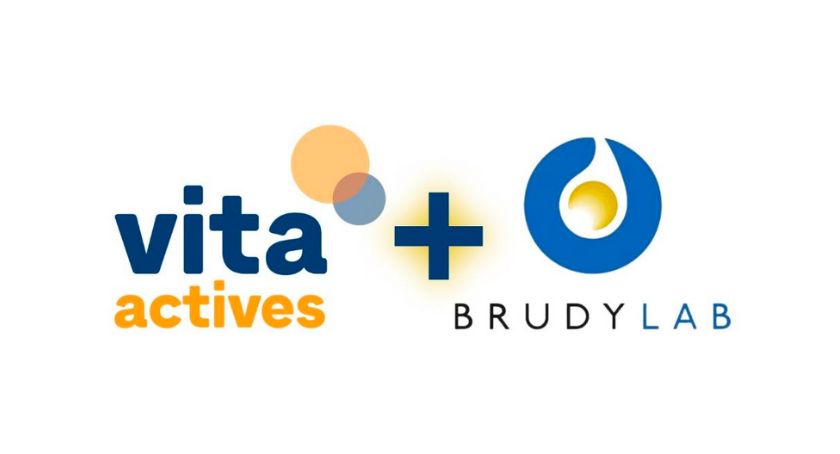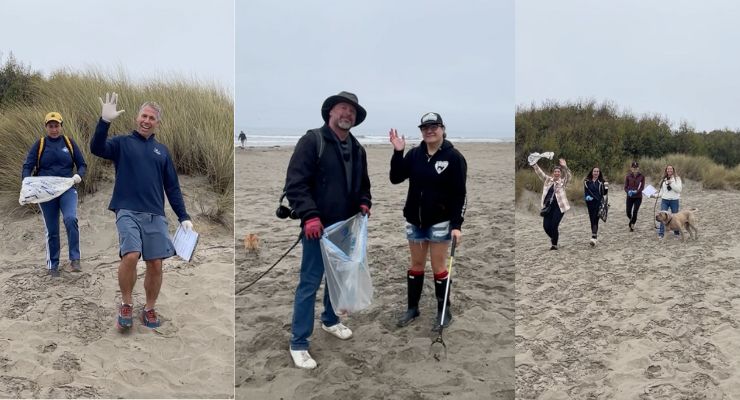Exclusives
FDA Denies CBD Petitions, Cites Safety Concerns, Looks to Congress for New Regulatory Pathway
In response letters, agency says NDI process not robust enough to ensure applicable safety standards are met.

By: Sean Moloughney
After a review of scientific evidence and three citizen petitions, FDA said “considerable safety concerns” about cannabidiol warrant a new regulatory pathway for CBD, which it wants to develop with Congress.
FDA denied petitions from the Consumer Healthcare Products Association (CHPA), the Council for Responsible Nutrition (CRN), and the Natural Products Association (NPA) to issue a regulation that would allow companies to legally market dietary supplements containing CBD derived from hemp.
Safety First
In a statement, FDA Principal Deputy Commissioner Janet Woodcock, MD, said the use of CBD raises “various safety concerns, especially with long-term use.”Woodcock chairs the FDA’s working group that examined CBD studies in light of an expanding market amid growing consumer demand that followed passage of the 2018 Farm Bill.
FDA has noted that while the 2018 Farm Bill changed how “hemp” is regulated under the Controlled Substances Act, the legislation did not change how “hemp” is regulated under the Federal Food, Drug, and Cosmetic Act.
FDA’s statement said CBD studies “have shown the potential for harm to the liver, interactions with certain medications and possible harm to the male reproductive system. CBD exposure is also concerning when it comes to certain vulnerable populations such as children and those who are pregnant.”
As such, it’s not clear how CBD products could meet applicable safety standards, according to the agency.
In its response letter to the petitions from CHPA and CRN, FDA said: “Accumulating evidence about CBD suggests that there are considerable safety concerns with its potential use as a dietary supplement, and it is not apparent from your Petition or the available evidence how a CBD product would be able to meet the applicable safety standard that the law provides for dietary supplements.”
The agency later said, “We have not found adequate evidence to determine how much CBD can be consumed, and for how long, before causing harm. Therefore, we do not intend to pursue rulemaking allowing the use of CBD in dietary supplements or conventional foods.”
A New Pathway Through Congress
Instead, a new regulatory pathway could provide safeguards and oversight to manage and minimize risks, FDA said in its statement. “Some risk management tools could include clear labels, prevention of contaminants, CBD content limits, and measures, such as minimum purchase age, to mitigate the risk of ingestion by children. In addition, a new pathway could provide access and oversight for certain CBD-containing products for animals.”According to FDA, the agency’s existing authorities over foods and supplements “provide only limited tools for managing many of the risks associated with CBD products.”
The drug approval process, meanwhile, allows FDA “to evaluate dosage and potential adverse effects, among other things, as well as when the product is taken under medical supervision. However, dietary supplements are not subject to the same approval process as drugs and are generally not prescribed by, nor is their use generally overseen by, a physician.”
In its response to CHPA and CRN, FDA also said it doesn’t have the resources “to take enforcement action against every violative product in this exploding market.”
As a result, FDA wants to work with Congress “to develop a new pathway that balances consumers’ desire to access CBD products with the regulatory oversight necessary to better manage the risks these products present.”
In the meantime, FDA said it would remain vigilant and continue to act “against CBD and other cannabis-derived products to protect the public, in coordination with state regulatory partners, when appropriate.”
NDIs Aren’t Enough
In its response letters, FDA said the New Dietary Ingredient Notification (NDIN) process “is not sufficiently robust to protect the public health from potentially unsafe dietary supplements.”“Under current law, FDA has no systematic way to know when new dietary supplements are introduced to the marketplace and whether they have complied with the NDIN requirement. Further, even when an NDIN has been submitted and evaluated by FDA, the NDIN authorities do not always prevent unsafe products from being marketed. For example, if an FDA response letter raises identity or safety concerns with a particular NDI, but the notifier nonetheless proceeds to market, FDA’s only recourse (once it becomes aware of such marketing) is to attempt to remove the product from the market by undertaking a resource-intensive enforcement action in which we would bear the burden of proof to demonstrate that the product is adulterated. In the meantime, the unsafe dietary supplement could remain on the market. The new regulation proposed by the Petition would not change this outcome.”





















